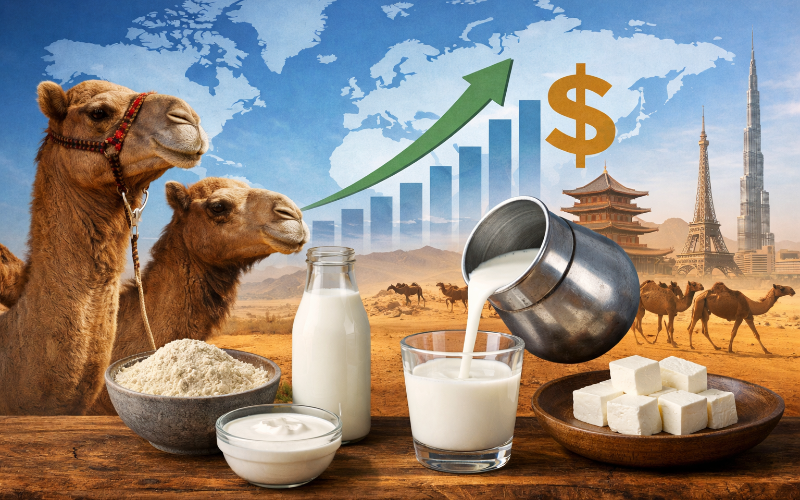Northern Ireland Farm Incomes Plunge by 44% Amid Falling Milk Prices and Rising Costs
Source: The DairyNews
Northern Ireland's total farming income has plummeted by 44%, according to newly released figures. Agriculture Minister Andrew Muir characterized the decline as disappointing, attributing it to a drop in milk prices and rising input costs.

The first provisional estimate for 2023 farm incomes reveals that total income from farming in Northern Ireland decreased from £609 million in 2022 to £341 million in 2023.
Minister Muir noted that while decreases are anticipated for cereal, dairy, and mixed farms, cattle, sheep, and pig farms are expected to see some increases.
"It is disappointing that the total income from farming for the industry as a whole decreased between 2022 and 2023 by 44%," Muir said. "This decrease reflects the reduced milk prices from the record high levels of the previous year and the continued elevation in input costs for the agriculture sector."
Muir highlighted that specific farm types would experience varying impacts. "Income estimates for specific farm types also show that, while decreases are expected for cereals, dairy, and mixed farms between 2022 and 2023, there are small increases expected for cattle and sheep farms and more substantial increases for pig farms due to the rise in pig meat prices during 2023."
Addressing the broader issue of market volatility, Muir acknowledged the ongoing challenges for farmers. "Fluctuating market conditions are not a new problem, but they remain a very difficult issue for farmers to address. These fluctuations are mainly due to price influences across world markets which are very much outside our control."
Muir emphasized his department's efforts to support farmers. "Consequently, my department focuses on helping farmers mitigate cost and price pressures by improving their productivity and resilience while also addressing their environmental sustainability levels. These are the goals of our new farm support and development programme. The College of Agriculture, Food and Rural Enterprise (Cafre) continues to offer relevant training and support to farmers in pursuit of these policy objectives."
Minister Muir noted that while decreases are anticipated for cereal, dairy, and mixed farms, cattle, sheep, and pig farms are expected to see some increases.
"It is disappointing that the total income from farming for the industry as a whole decreased between 2022 and 2023 by 44%," Muir said. "This decrease reflects the reduced milk prices from the record high levels of the previous year and the continued elevation in input costs for the agriculture sector."
Muir highlighted that specific farm types would experience varying impacts. "Income estimates for specific farm types also show that, while decreases are expected for cereals, dairy, and mixed farms between 2022 and 2023, there are small increases expected for cattle and sheep farms and more substantial increases for pig farms due to the rise in pig meat prices during 2023."
Addressing the broader issue of market volatility, Muir acknowledged the ongoing challenges for farmers. "Fluctuating market conditions are not a new problem, but they remain a very difficult issue for farmers to address. These fluctuations are mainly due to price influences across world markets which are very much outside our control."
Muir emphasized his department's efforts to support farmers. "Consequently, my department focuses on helping farmers mitigate cost and price pressures by improving their productivity and resilience while also addressing their environmental sustainability levels. These are the goals of our new farm support and development programme. The College of Agriculture, Food and Rural Enterprise (Cafre) continues to offer relevant training and support to farmers in pursuit of these policy objectives."
Key News of the Week










